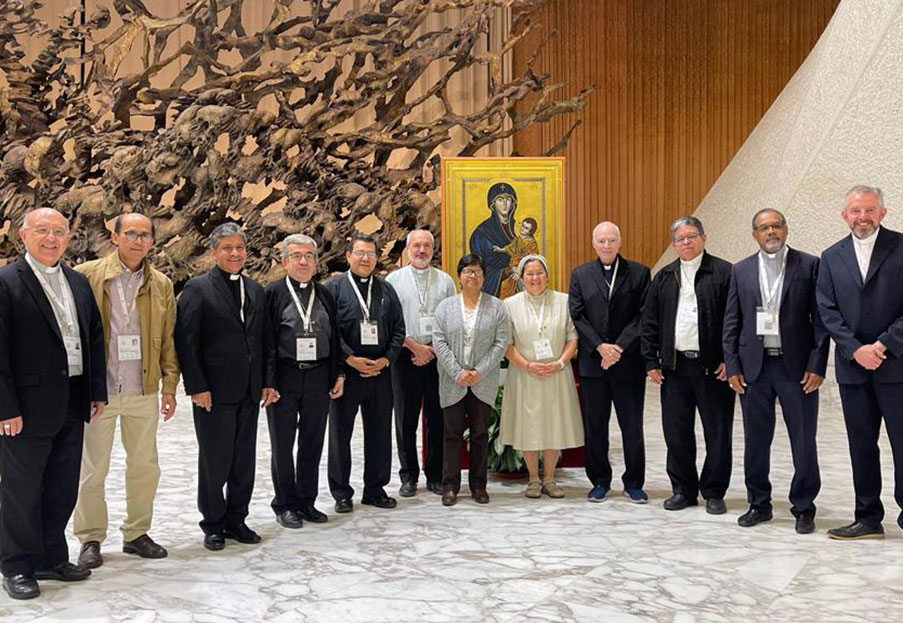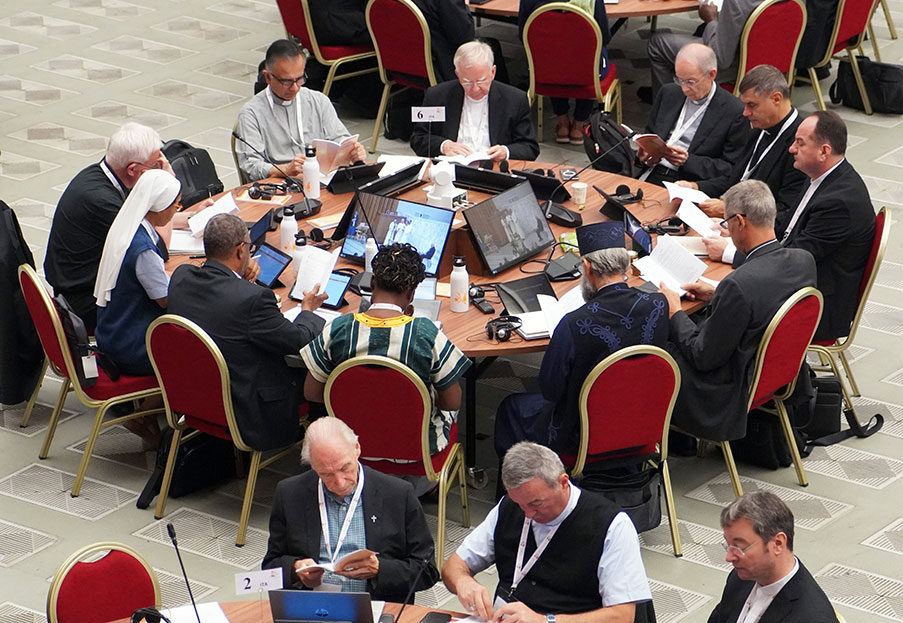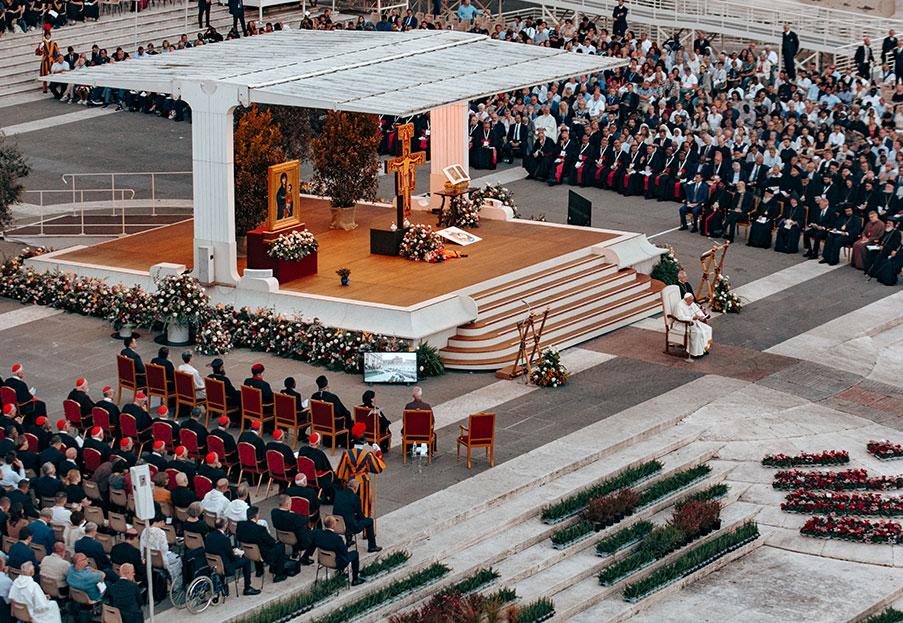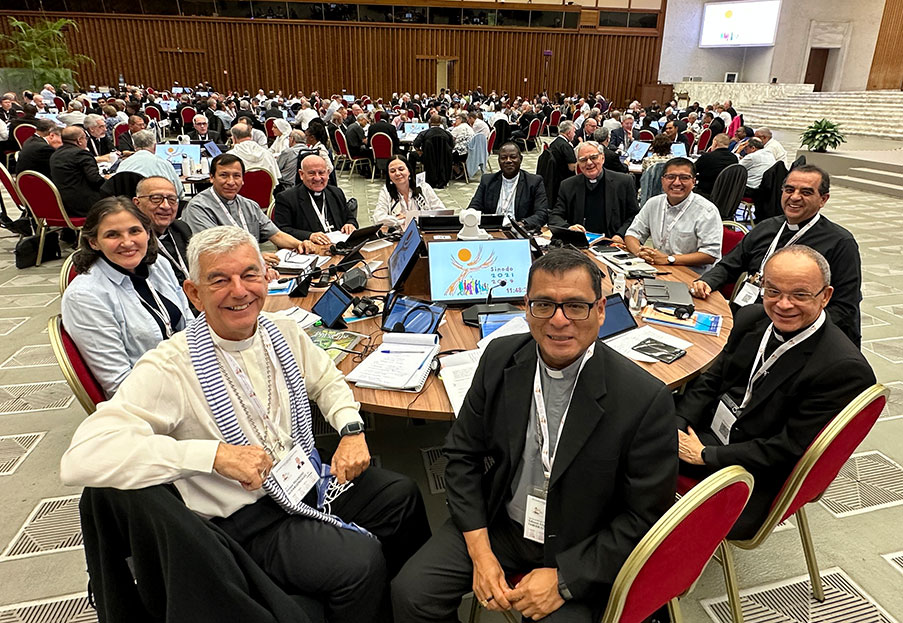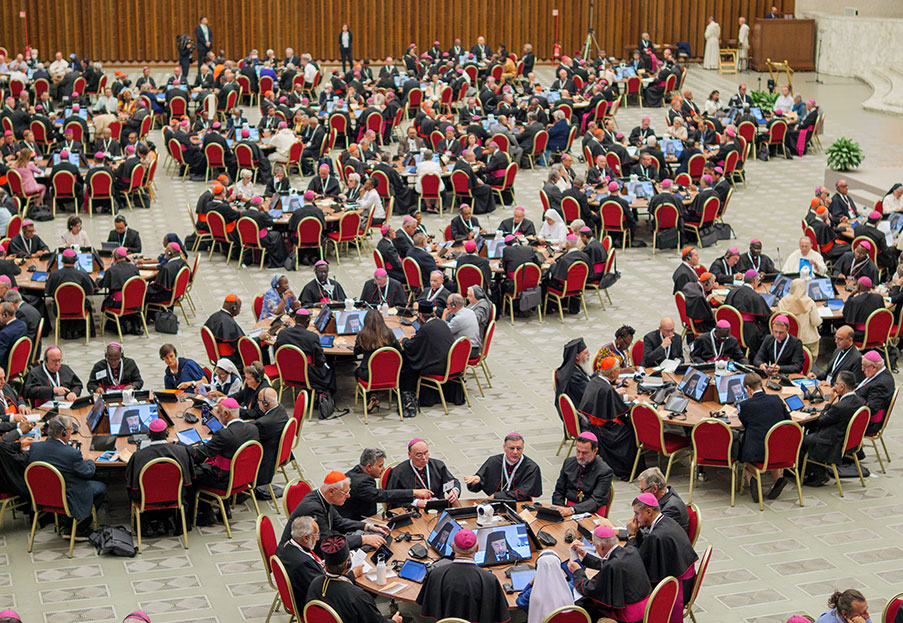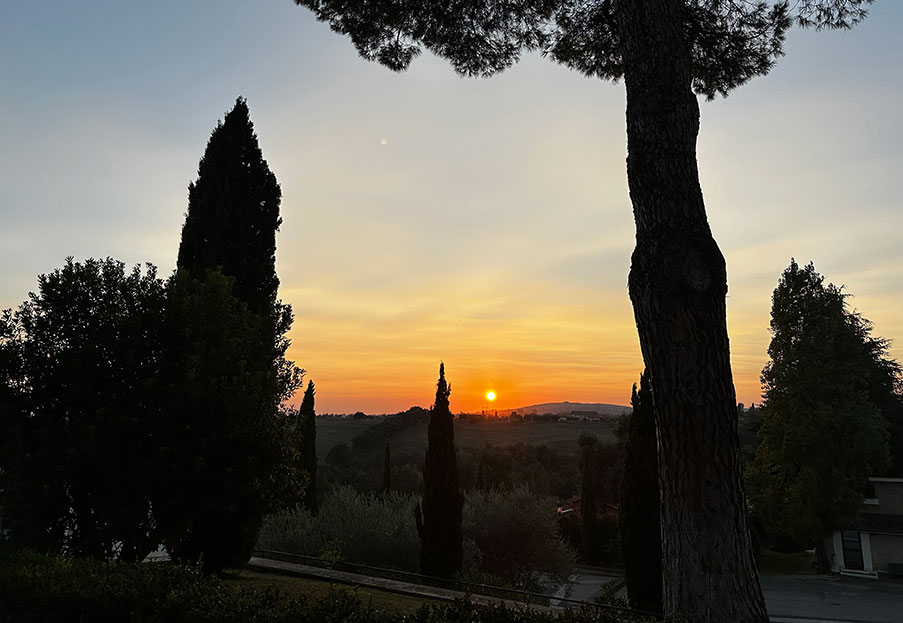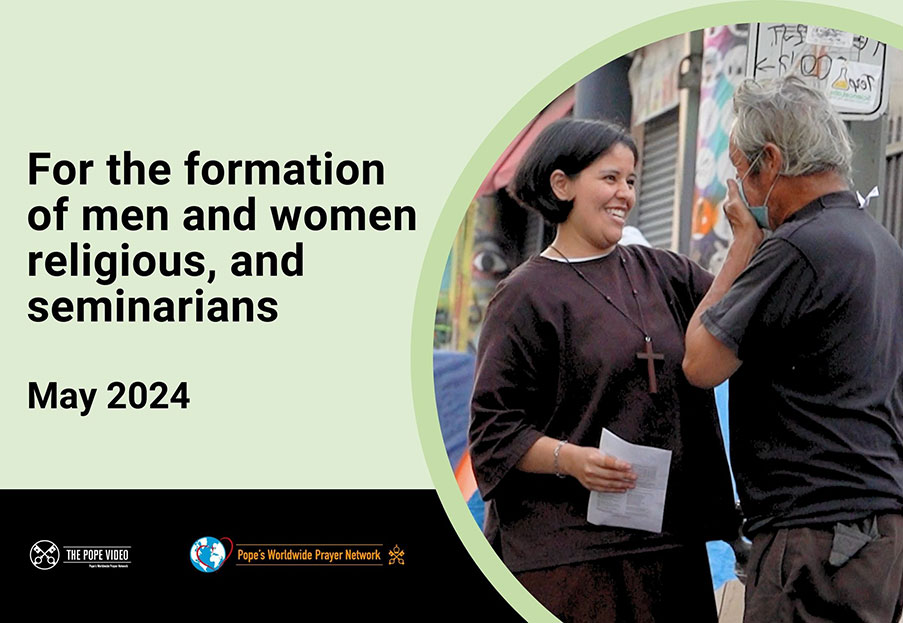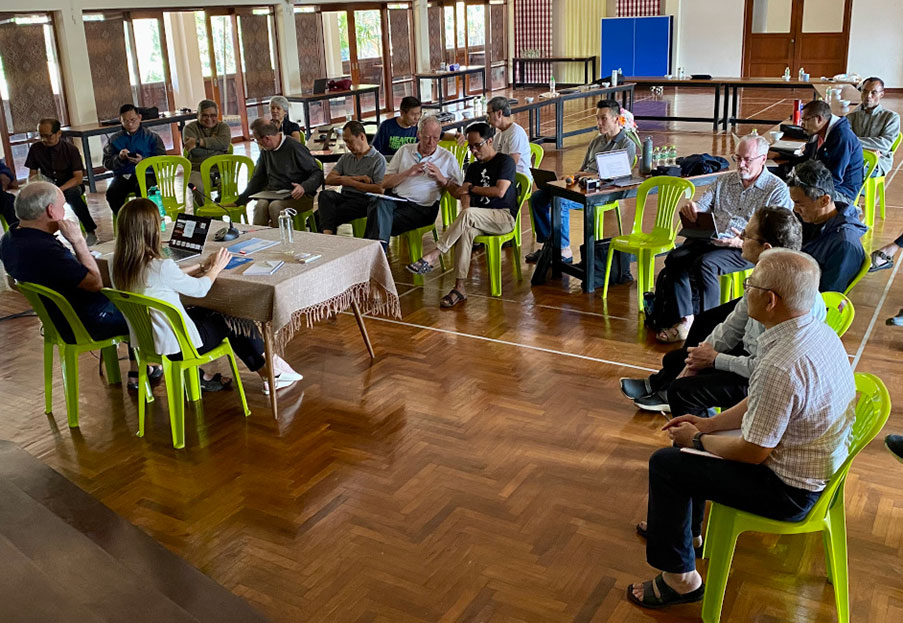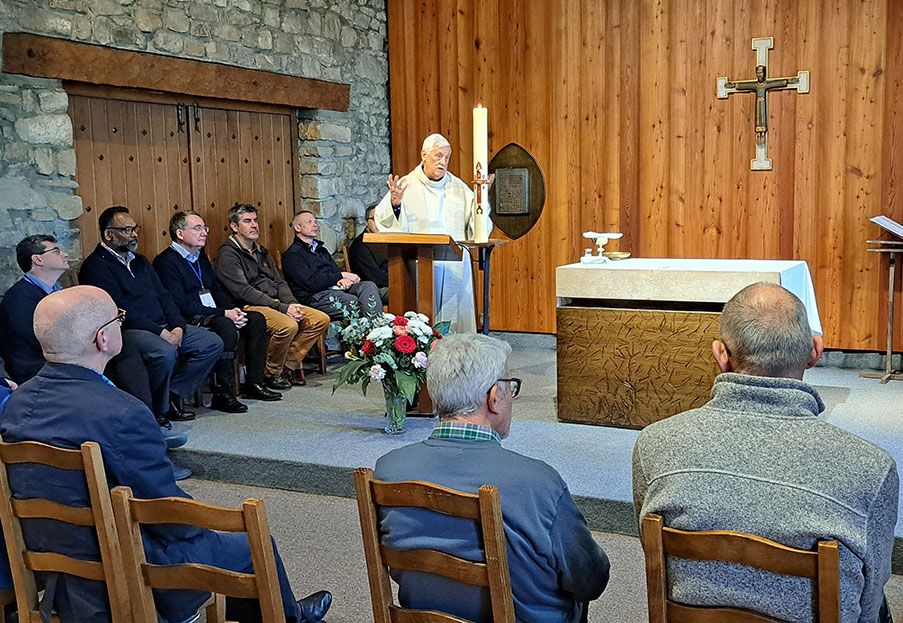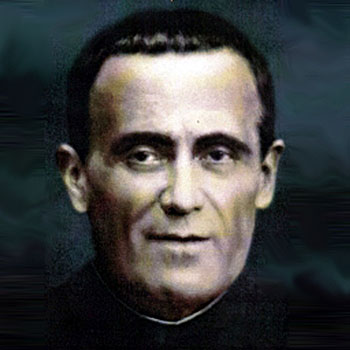A prayerful experience of encounter, of caring, of solidarity
Sister Nathalie Becquart is a French Xaverian religious who was chosen by Pope Francis as Under-Secretary of the General Secretariat of the Synod, in support of Cardinal Mario Grech. For the past two and a half years, she has travelled the world helping Bishops’ Conferences, dioceses and parishes to enter into the spirit of synodality. She shares with us her experience at the end of the first session of the General Assembly on synodality.
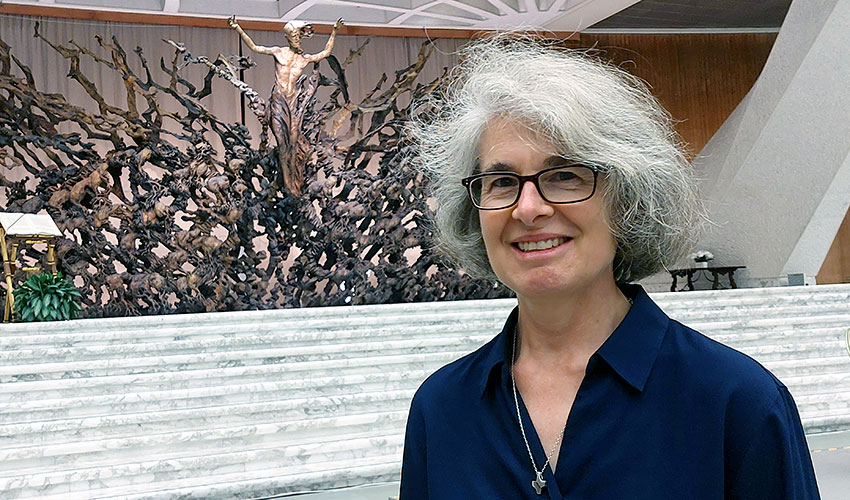
Sr Nathalie Becquart, XMCJ.
Sr Nathalie Becquart, XMCJ
At the end of this month-long synod, I can bear witness to the joy and gratitude of those who took part in this assembly. From the fruits that we can already recognize from an early reading of this historic and unforgettable experience, we can see that the Spirit has been at work.
Many moved from fear to confidence, and, as the weeks went by, the freedom to speak, the quality of listening and the depth of the conversations grew. We experienced true fraternity and the gift of communion that is possible beyond all our diversity through a process that broadened our view of the universality of the Church while starting from local realities.
At
the service of this process with the entire General Secretariat of the Synod, I
would like to share here a few elements that have had an impact on me.
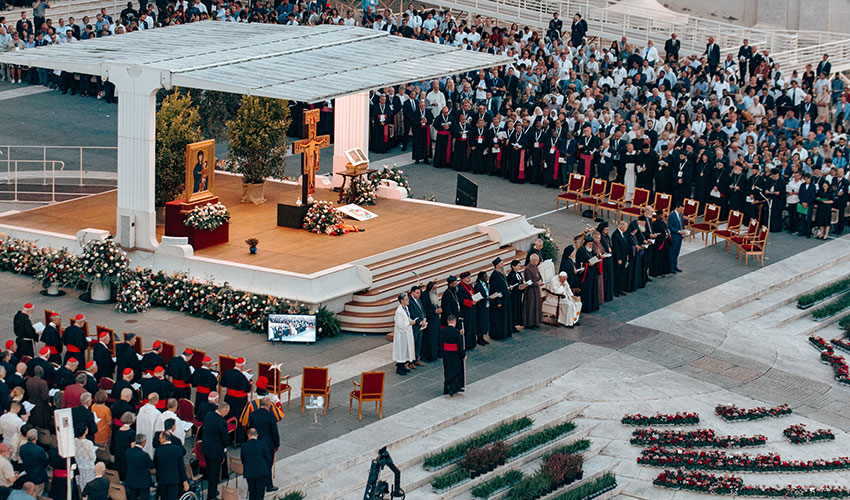
First of all, the Together prayer vigil and the ecumenical dimension of the Synod, underlined by the presence of 12 fraternal delegates from other Churches and Christian communions, who helped us to highlight the challenge of Christian unity for today’s world. It is gratifying to feel that we are experiencing an ecumenical “kairos” that calls us to go further along this path.
The experience of the spiritual retreat at Sacrofano left a deep impression on all the participants and created a very good climate of simple and joyful fraternity anchored in prayer. During these three days of shared life in the same place, a style of relationship was initiated, marked by humility, listening and dialogue, which permeated the entire synod and helped us to experience the Church as a family.
Another
key element was the novelty of the method and the way the space was arranged,
with round tables in the Paul VI Hall. The facilitators played a key role in
bringing us into this method of “conversation in the Spirit”, which put
everyone on an equal footing and allowed us to discern by listening to each
other. This was undoubtedly one of the greatest achievements of the Synod that
everyone wants to continue to implement.
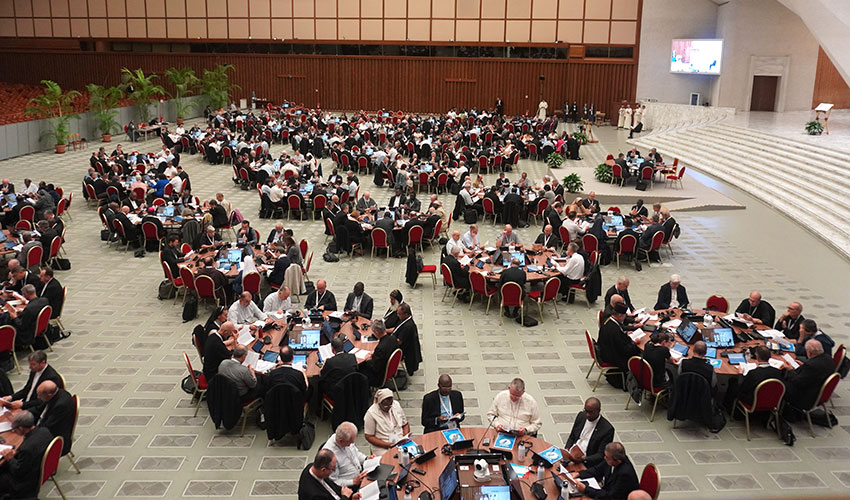
The prayer and silence that marked all our discussions. The liturgy and the various Eucharistic celebrations held together, as well as the pilgrimage to the catacombs, the rosary and the ‘Prayer for Peace’ celebrated and accompanied the various stages of the work. This synod was particularly permeated by the cries of suffering from a world in crisis, which call for us to give priority to serving the poor and the victims. Although we spent some time in “seclusion”, away from the media, we were moved by the reality of the conflicts, violence and problems facing so many of the world’s peoples, which were reflected in the Assembly through the presence of delegates from these countries.
At
the heart of this Synod, I was particularly touched by what I saw
surreptitiously from day to day: so many discreet and prophetic gestures of
solidarity towards several members experiencing tragic situations, the meeting
at the same table of a representative from Ukraine and a representative from
Russia, the interactions and unlikely friendships that were created between
people coming from very different backgrounds, the mutual enrichment that took
place between the bishops and the other members who gratefully experienced the
positive contribution of the presence of women alongside men, the humility and
humanity of so many participants who offered me a moment of personal
conversation...
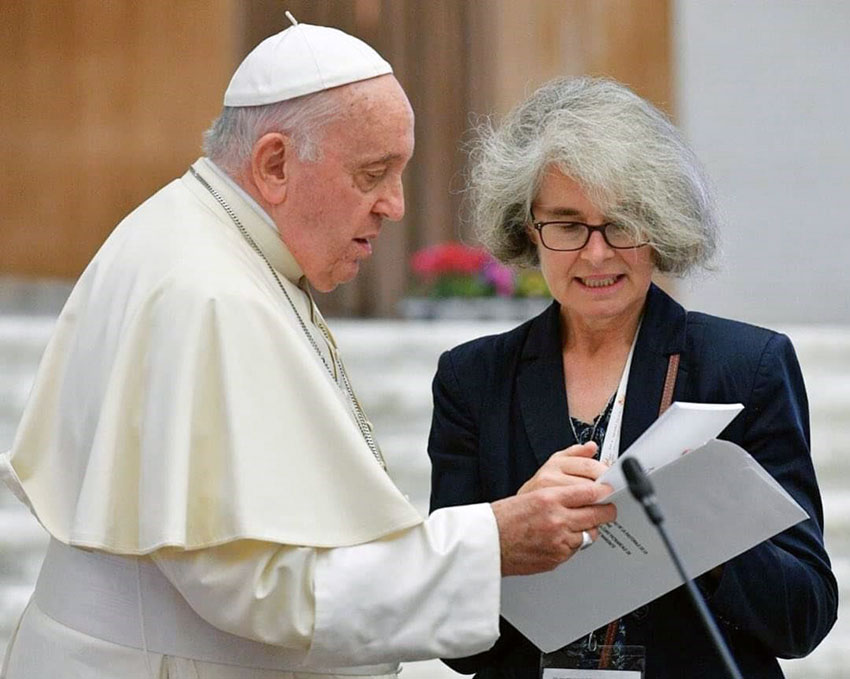
Finally, this synod has enabled us to put into practice the “presupposition of goodwill” dear to Ignatians, encouraging a respectful welcome for differences of perspective and outlook shaped in large part by the history, context and culture of each individual. It gave a step forward on the road to synodality by giving greater voice to the plurality of local Churches and continents, and by strongly affirming the challenge of pursuing the road to synodality.
At the end of this assembly, which has
concretely and joyfully put into practice the missionary co-responsibility of
baptised men and women, we can only give thanks to God for all the participants
who have risked this adventure of meeting and discerning together for a whole
month in Rome.
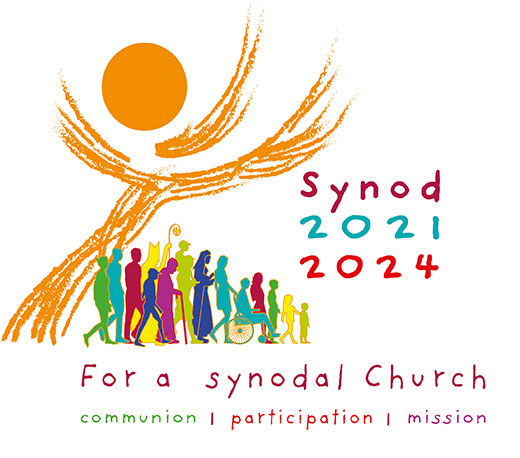

Synodal-U Community
The Society of Jesus joins people from different corners of the world who want to walk together in their synodal formation.
